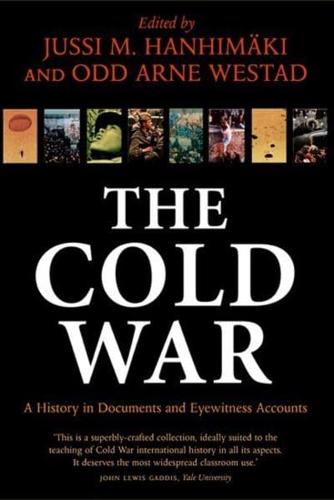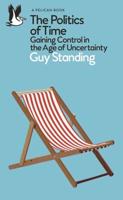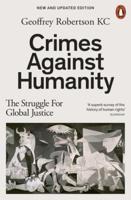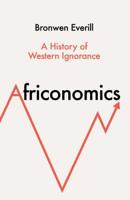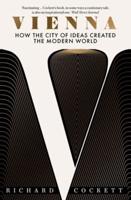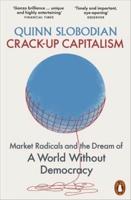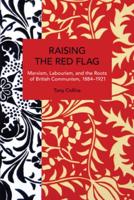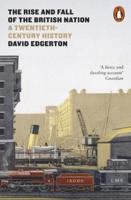Publisher's Synopsis
The Cold War contains a selection of official and unofficial documents which provide a truly multi-faceted account of the entire Cold War era. This volume presents the different kinds of materials necessary to understand what the Cold War was about, how it was fought, and the ways in which it affected the lives of people around the globe. By depicting the experiences of East Berlin housewives and South African students, as well as those of political leaders from Europe and the Third World, The Cold War emphasizes the variety of ways in which the Cold War conflict was experienced. The significance of these differences is essential to understanding the Cold War: it demonstrates how the causes of the clash may have looked very different in Santiago from the way they looked in Seoul, New York, Moscow, or Beijing. The book examines the entirety of the Cold War era, presenting documents from the end of World War II right up to the collapse of the Soviet Union in 1991. A final selection of source material goes on to illustrate the impact of the Cold War to the present day. Again, the emphasis is global: there are documents on the aftermath of the Cold War in Africa and Europe, as well as on the links between the Cold War and the dramatic events of 11 September 2001. By providing a truly international glimpse of the Cold War and its various actors and subjects, The Cold War helps cut through the often simplistic notions of the recent past and allows the reader to explore the truly global impact of the East-West confrontation that dominated international relations in the second half of the twentieth century.
